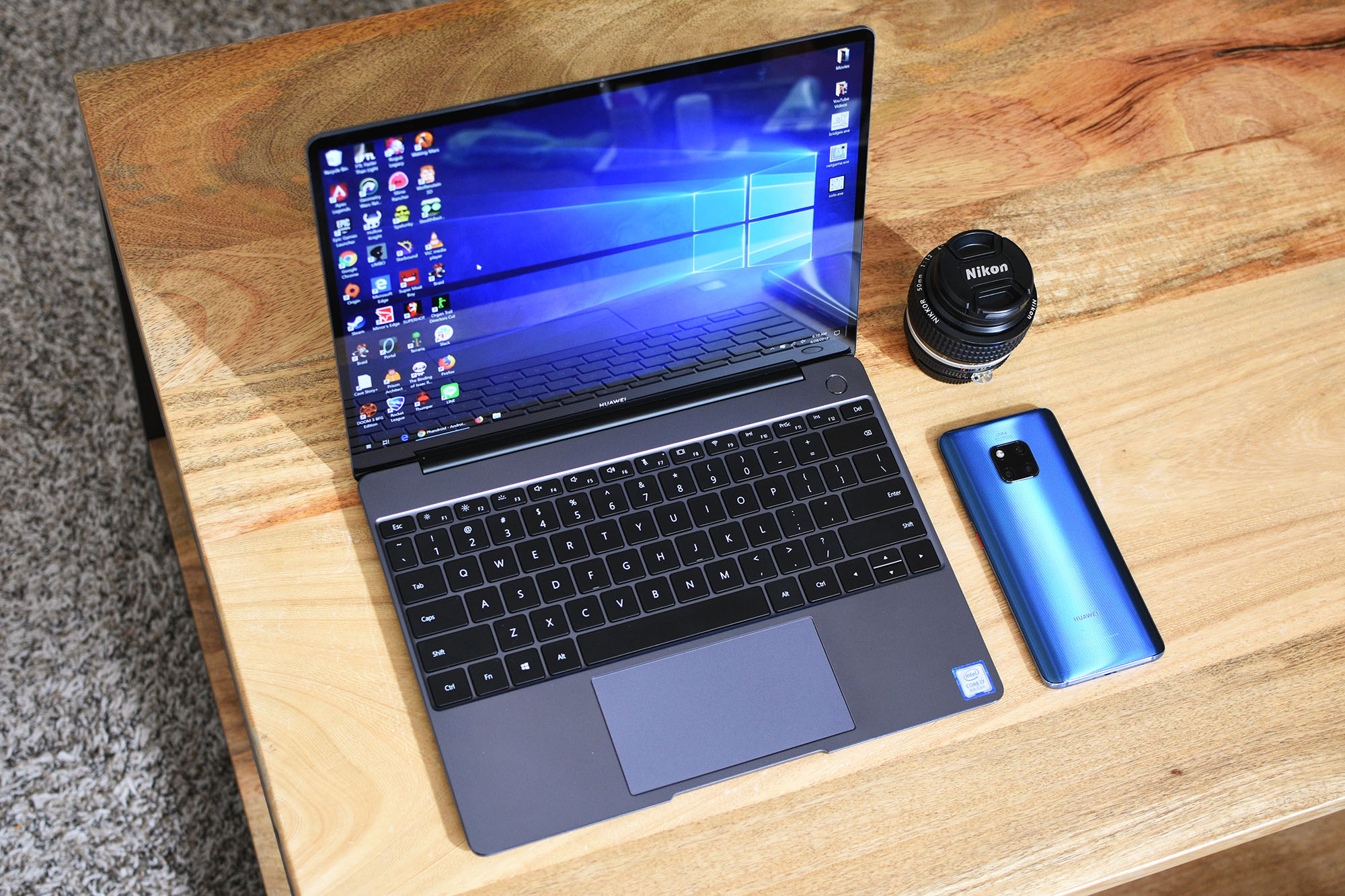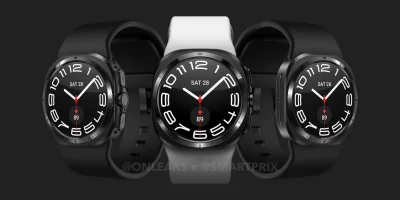With Huawei now being allowed to do business with US companies again, we’re sure some are wondering if the company plans to continue to push ahead with its own mobile operating system, or if they plan to go back to “regular” Android. Huawei could certainly go on as if nothing happened, but we think that if anything, it is more important than ever for Huawei to push ahead with its own version of Android.
At this point in time, we do not know what Huawei’s alternative to Android will be like. Whether it will be a brand new operating system built from scratch or a forked version of Android is anyone’s guess. It makes sense for Huawei to ensure a smooth transition with maximum compatibility, so a forked version of Android is the most logical answer.
So why is Huawei’s own version of Android more important than ever?
Simply put, the entire debacle with Huawei felt like a very transparent move by the US government to put pressure on China during their trade negotiations, although this isn’t to say that concerns over national security weren’t valid. It also highlighted how easy access to Android can be taken away overnight. If Huawei had been a smaller company, they could have possibly gone under as a result.
Also, the majority of smartphone makers in the world aren’t from the US. This means that should the time ever come again, a lot of these companies could easily be at the mercy of these types of trade negotiations.
What Huawei could do right now is to show the competition and the world, that they do not necessarily need to rely on Google to succeed. Huawei currently enjoys the position of being the second-largest smartphone maker in the world, and as such, they have the customer base that could potentially allow their Android alternative to succeed.

This does not necessarily mean that there is a guarantee that Huawei will succeed. We have seen many challengers to Google’s Android platform in the past – MeeGo, webOS, BlackBerry OS, Sailfish OS, but none of them have succeeded. Even a company as big as Microsoft failed to take on Android with its Windows Phone platform, leaving Apple as the only true competitor to the Android operating system.
Then there is also the issue of convincing developers to develop for their operating system. If Huawei’s new OS is Android-based, apps will still be Android compatible, but there could be issues of running into APIs that are locked to non-forked versions of Android. This runs the risk of fragmenting the Android ecosystem even further, which could actually achieve the opposite and drive customers away from Huawei.
Despite these challenges, I think that it’s about time that there be a worthy alternative to iOS and Android and Huawei seems like a perfectly capable company of doing just that. Perhaps the company could approach it cautiously, maybe introduce their version of Android in select phones for select regions to feel users out.
The good news is that Huawei won’t have to make the switch overnight. The company will be able to develop a strategic plan to bring its OS to market and fine tune things based on user feedback. While we never like seeing fragmentation within the Android ecosystem, we’d rather see Huawei forge a clear path for itself rather than depending on an operating system which could be snatched away from it at any time.











Comments